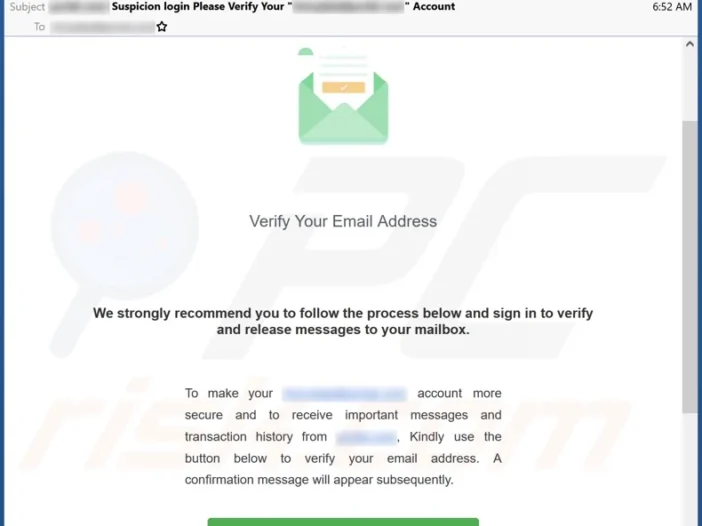
An address is an essential identification attribute to acknowledge a person’s identity. Financial Sectors often require proof of address to open bank accounts and ensure the user’s geographical location. Proof of address verification helps Know Your Customer (KYC) regulatory compliance and helps to eliminate fraudulent activities.
Beyond regulatory compliance, address verification ensures business security against shell companies and fake investors.
Traditionally, firms held manual address verification processes that introduced potential for human errors and created unnecessary friction. Using digital methods provides automated solutions for Artificial Intelligence (AI) and Machine Learning (ML).
Table of Contents
What is Proof of Address?
Proof of address includes a document that ensures the stated information is similar to the real one. Companies collect various documents as supporting evidence to ensure the legitimacy of users’ geographical location. There are different ways to verify individuals’ addresses. However, companies use a document verification process to acknowledge the authenticity of the provided information. Proof of address documents vary as per organization; primarily, these include;
- Utility bills
- Water bills
- Government-issued correspondence
- Tax slips
- Pay stubs
- A lease agreement
- Bank statements
- Employment letter
- Residency agreement
- House Rent Slips
Why do Firms Need Proof of Address Verification Solution?
Companies verify users’ addresses to have an in-depth analysis of individual profiles. Many shell companies reach businesses for investments, making them victims of their illicit plans. E-commerce businesses suffer complications due to fake and wrong addresses in the form of cancellations, returns, and declines.
Organizations using weak address verification solutions face the following challenges;
Poor Onboarding Experience
Companies using weak proof of address verification processes have slow working operations, making themselves incredible. Manual address verification processes could be faster and improve customer onboarding experience. Manual document collection, analysis, verification, and entries take a long time.
Cost of Document Handling
The manual address verification process requires multiple entities to handle the bulk of data. Companies require multiple hiring to have a proof of address verification process. Additionally, it requires a significantly ample space for storing address details in document form. Therefore, address verification brings the challenge of handling bulks of documents.
Fraud Attacks
Weak address verification measures bring deadly consequences for businesses. It gives ways to fraudsters attacks and makes firms vulnerable to criminal invasions. Address verification is a significant step for client identity assurance. Therefore, organizations require a reliable address verification process to combat identity fraud and unveil imposters.
New Address Verification Process
Technological advancement facilitates organizations with speedy verification processes for a seamless client onboarding process. Nowadays, automated ID verification helps firms to verify large amounts of data quickly. The computerized process works along AI and ML algorithms and verifies the provided address information to ensure its legitimacy. The digital address verification process works in the following steps to offer multilayered security;
Documental Address Verification
Individuals submit different proof of address documents like utility bills, water bills, salary slips, etc. Optical character recognition technology fetches data from proof of address and converts it into machine-readable form to process digitally. Address information is matched against various databases and records like utility companies, government agencies, credit bureaus, and other data sources. Additionally, the automated process involves address validation to ensure the correct hierarchical alignment of residential information. It helps to identify incorrect data through no-match signals.
Global Gateway Mobile ID Verification
Companies often connect their address verification process with Mobile Network Operator (MNO) data to have more reliable information. Nowadays, users often use mobile phone billing processes which provide more accurate data than other resources. It helps organizations enhance address verification through AI and ML-pretrained algorithms that work per a given command.
Internet Protocol (IP) Address Verification
Web networks contain reliable data points to use for different purposes.IP addresses provide the most potent location data points and assist firms with an accurate address verification process. It contains unique numbers of user devices connected to the internet. It helps firms determine the device’s physical location through the IP address. Companies verify individual mobile phones to acknowledge their addresses for an extra security layer.
Geolocation Verification
Google location information assists the client address verification process. Companies use geolocation information from GPS and MNO to protect data from forgery, alteration, and proximity. It provides a solid signal for understanding precise locations to overcome fraud attacks and criminal strategies.
Final Words
The address verification process enables organizations to deter financial terrorism and criminal invasions. It assists companies to enhance their security against shell companies and fake investors. Firms use new AI and ML-based address verification solutions for multi-layered security protocols. Additionally, proof of address verification enables companies to cope with this digital era and deter traditional manual verification methods.